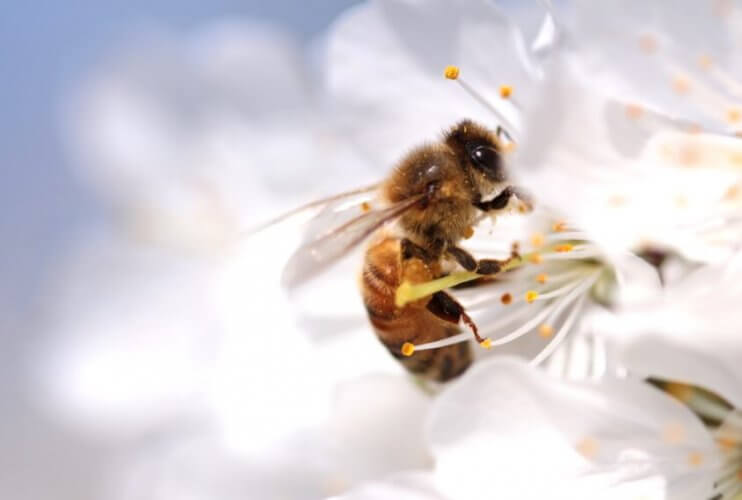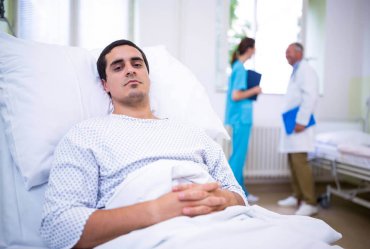
With spring having sprung and summer just around the corner, you’ll undoubtedly be spending more time outside in your backyard, on picnics or hiking up your favorite trail. Along with increased outdoor activities comes the increased risk of painful bee and wasp stings.
According to most experts, including Richard Glatter, MD, an emergency room physician at Lenox Hill Hospital in New York City, honeybees and bumblebees are non-aggressive and you shouldn’t stress out if they’re buzzing close by. He says, “The bee is just trying to figure out if you are a flower with pollen, or if you may be useful to it in some way.” And, in most cases, it’ll move on, when it realizes you’re not.
Still, you should take every precaution to not make yourself a target by following these simple rules:
- Don’t dress to attractBees and wasps gravitate to bright-colored clothing. The same goes for dark clothing. So, you might want to wear neutral colors, such as white, beige or khaki when you’re outside. Loose-fitting clothes are also a no-no, since gaps make it easier for bees and wasps to get in.
- Pass on the flip-flops
According to Reed Johnson, a bee researcher and assistant professor in the department of entomology at Ohio State University, yellow jackets live in holes in the ground, which can make walking barefoot or wearing flip-flops more risky. It could also lead to stepping on a bee searching for nectar in the small clovers on your lawn. Therefore, stick with closed-toe shoes or sneakers.

- Avoid sweet floral scents
If you’re planning to spend the day outdoors, avoid washing your hair with one of the many floral scented shampoos and conditioners on the market. These sweet-smelling scents attract bees and wasps and should be avoided to minimize the risk of one or the other becoming entangled in your hair and stinging your scalp while trying to get out.
- Don’t invite unwelcomed guests to your picnic
Avoid making it easy for bees and wasps to join your picnic. Soda cans (full or empty) and other sweet stuff are notorious for attracting bees. Wasps are more carnivorous and will jump at the opportunity to check out meats, cold cuts, and salads. Use clear cups for beverages or look before sipping from a soda can and keep food covered outdoors.
Although most people are not allergic to bee and wasp stings, a small number are with possibly fatal results. Be sure to have a first-aid kit on hand and take a CPR class, if someone you know has such an allergy.
No one expects to use their health insurance for something like a bee or wasp sting, but if it’s severe enough, it could cause serious complications and a healthcare provider should be consulted. And, if you don’t have currently have coverage; why not go online for a free health insurance quote today?






